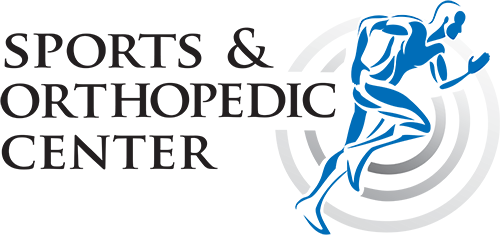NECK PAIN
What is Neck pain?
The bones, ligaments, and muscles of your neck support your head and allow for motion. Any abnormalities, inflammation, or injury can cause neck pain or stiffness.
Some people experience neck pain or stiffness occasionally. In many cases, it’s due to poor posture or overuse. Sometimes, neck pain is caused by injury from a fall, contact sports, or whiplash. Most of the time, this pain isn’t a serious condition and can be relieved within a few days.
 But in some cases, neck pain can indicate serious injury or illness and require a doctor’s care. Seek medical care if your neck pain is accompanied by numbness or loss of strength in your arms or hands or if you have shooting pain into your shoulder or down your arm.
But in some cases, neck pain can indicate serious injury or illness and require a doctor’s care. Seek medical care if your neck pain is accompanied by numbness or loss of strength in your arms or hands or if you have shooting pain into your shoulder or down your arm.
Signs and symptoms of neck pain can include:
- Pain that’s often worsened by holding your head in one place for long periods, such as when driving or working at a computer
- Muscle tightness and spasms
- Decreased ability to move your head
- Headache
The duration of neck pain is commonly classified as follows:
- Acute. Pain that lasts less than 4 weeks.
- Subacute. Pain that lasts 4 to 12 weeks.
- Chronic. Pain that lasts 3 or more months.
Causes of Neck Pain
Neck pain is very common and most of us will have it at some point in our lives. Usually, neck pain is the result of holding your neck in the same position for too long. However, other things can also cause or contribute to neck pain, such as:
-
Injury and Accidents
- Whiplash: Is a common neck injury sustained when the head is forced to move backward and/or forward beyond the normal range of motion. The unnatural and rapid movement of the neck affects the muscles and ligaments, which tighten and contract.
- Nerve Compression: When a nerve becomes compressed, it can cause pain that moves up into the head, behind the eyes, into the jaw, down the arms,”. Herniated discs are the most common cause of nerve compression and spinal stenosis.
-
Health Conditions:
- Osteoarthritis: Called spondylosis when it’s in spinal facet joints—is the most common form of arthritis. It’s caused by wear and tear and aging,
- Other Forms of Arthritis: Many types of arthritis, particularly the inflammatory forms. Chronic inflammation in the neck causes damage of the joints that allow movement in the neck.
- Other Disease Processes: Although neck pain is most commonly caused by strain, prolonged pain and/or neurologic deficit may be an indication of something more serious. These symptoms should not be ignored.
- Spinal infection, spinal cord compression, tumor, fracture, and other disorders can occur. If you have sustained a head injury, your neck has likely been affected, too. Seek medical attention promptly.
-
Lifestyle:
- Extra weight: Extra pounds put undue stress on the spine and weak abdominal muscles can fail to support it, both of which may disrupt the spine’s balance and cause the neck to bend forward to compensate.
- Stress: If you’re stressed you may be clenching the muscles that move your neck without realizing it, potentially leading to a stiff, sore neck.
- Poor Posture: Prolonged poor posture can lead to neck pain.
How is neck pain treated?
If you have chronic pain of your back and neck, you should try several remedies that may be helpful, before seeking surgical options. These include:
- Hot or cold packs (under your health care provider’s instructions)
- Specific exercises to strengthen muscles and ease pain, such as stretching and flexing. Your health care provider can provide and demonstrate these exercises.
- Aerobic exercise may be permitted and can help with your overall fitness and strength
- Certain anti-inflammatory medications or muscle relaxants may be used, with your health care provider’s supervision
- Braces or corsets for extra support
- Injections for pain relief in the area
- Nerve block, which decreases pain signals from the affected nerve
You may need cervical spine surgery if:
- Non-surgical treatment is not helping. That is, you’ve tried a combination of medication, chiropractic care, physical therapy, massage, exercises, and more, and you’re still in pain.
- Your pain is worsening. A pinched nerve in your neck — called cervical radiculopathy — can lead to pain, numbness, and weakness in your shoulders or down your arms. If your pain is worsening, surgery can remove the source of pressure on your nerves (often caused by a herniated disc).
- Your spinal cord is being compressed. Certain neck conditions can put pressure on your spinal cord. You may experience pain or stiffness, problems with balance, or have difficulties with fine motor skills.
- You experience progressive neurological symptoms. If you are feeling numbness, tingling and weakness in your arms and legs and/or are having trouble with balance or walking.
Generally, surgery is done for degenerative disc disease, trauma, or spinal instability. These conditions may put pressure on your spinal cord or on the nerves coming from the spine, and surgery is the only option for relief.
If you are experiencing neck pain, don’t hesitate to call us and book an appointment with the best team of Spine Care, Neck pain specialists and Physical therapists at the Sports and Orthopedic Center.


